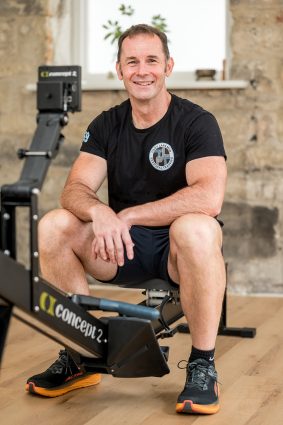THE INDOOR ROWER
Welcome to The Indoor Rower — your hub for everything related to indoor rowing, including news, race results, technique tips, nutrition advice, training plans, and coaching insights.
Whether you’re beginning your fitness journey, preparing for a local indoor rowing event, or competing on the world stage, this page is here to help you build strength, endurance, and speed — and to get the very best from your rowing machine.
From mastering technique to planning race nutrition, tapering, periodisation, and structured workouts, The Indoor Rower provides expert guidance to help you move efficiently and perform at your best. Our aim is simple: to get you into the fastest part of the stream.
A BRIEF INDOOR ROWING HISTORY
The history of the modern indoor rowing machine began in the 1970s with the Gjessing–Nilson ergometer from Norway. This early model used a friction-brake system with industrial strapping over the flywheel, allowing resistance to be precisely adjusted by varying the weight load.
In 1981, the Concept2 ergometer — commonly called the erg or ergo — was introduced by the Dreissigacker brothers in the United States. Designed to let rowers train during frozen winters when lakes and rivers were inaccessible, it revolutionised off-water training.
Its accurate performance measurement and easy portability quickly led to the birth of competitive indoor rowing. The first official event took place in Cambridge, Massachusetts, in February 1982, when 96 on-water rowers formed the “Charles River All-Star Has-Beens” — better known today as CRASH-B.
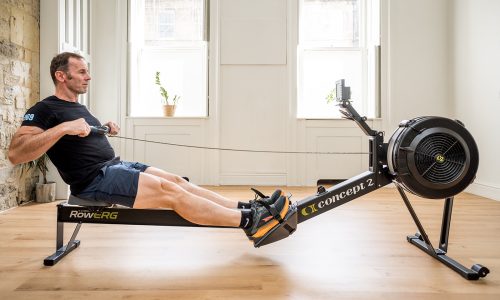
TRAINING
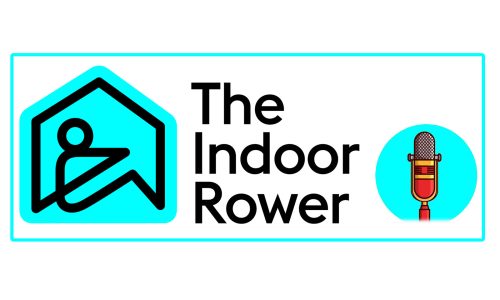
podcast
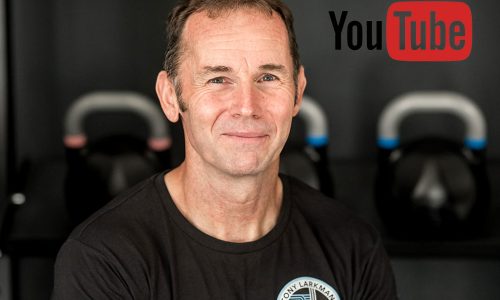
video hub
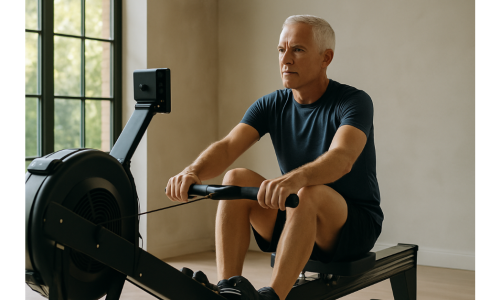
latest news
about your host
With over three decades of experience in elite fitness and performance coaching — and as a Commonwealth multi-medallist, double Henley Royal Regatta winner, and former World Indoor Rowing Champion — Tony Larkman brings science-backed training, hands-on experience, and a genuine passion for helping others reach their goals.
As both a certified personal trainer and rowing specialist, Tony has rowed and coached at leading clubs including Molesey Boat Club, Thames Rowing Club, and Tideway Scullers. His approach bridges the gap between physical performance and lasting wellbeing, focusing on precision, balance, and consistent progress.
